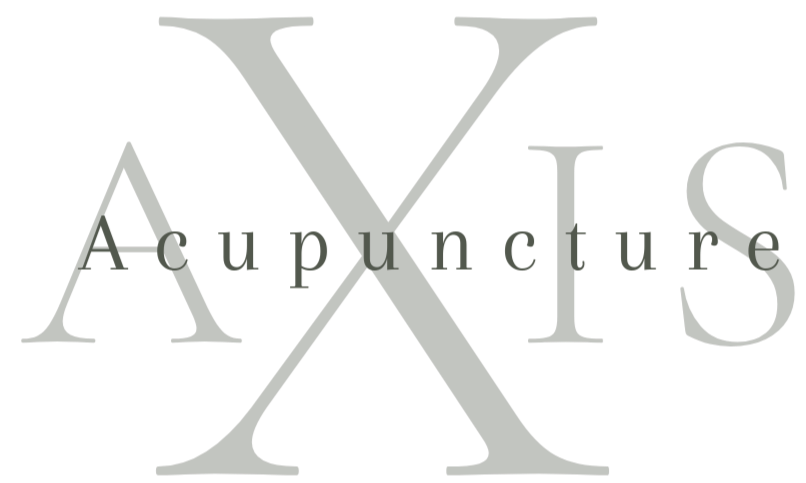Headaches are among the most common health issues, affecting nearly everyone at some point in their lives. However, the intensity and nature of headaches can vary significantly from person to person. Some people may experience occasional mild discomfort, while others face severe or chronic headaches that disrupt daily activities. Headaches are generally classified based on their causes and symptoms, with the most common types being tension, migraine, and cluster headaches. Tension headaches, often linked to muscle strain or stress, present as a persistent, dull pain on both sides of the head. Migraines are typically intense, throbbing pains usually confined to one side of the head and may be accompanied by nausea, light sensitivity, and visual disturbances. Cluster headaches, which are sharp and recurrent, typically cause pain around one eye and may be associated with symptoms like nasal congestion or watery eyes.
Headaches are not simply superficial discomforts; they often reflect deeper health or lifestyle concerns. Triggers can include hormonal changes, poor posture, inadequate sleep, certain foods or drinks, stress, and even environmental factors. Chronic or recurring headaches may also indicate underlying health issues that need attention. It is therefore important to address not just the pain, but its root cause, to manage and prevent future episodes. A holistic approach, such as Traditional Chinese Medicine (TCM), offers valuable insights into the nature of headaches and provides effective, targeted treatment strategies.
Traditional Chinese Medicine for Headaches
At Axis Acupuncture, our practitioners offer personalized treatments based on Traditional Chinese Medicine (TCM) to effectively address and manage headaches. Here’s why we encourage individuals with headaches to consider TCM for relief:
• NATURAL PAIN RELIEF
• IMPROVES BLOOD FLOW
• STRESS REDUCTION
• PREVENTATIVE CARE
Common Symptoms Of Headaches
One of the hallmark signs of headaches, especially migraines, is a throbbing or pulsing pain, often experienced on one side of the head. This pulsating sensation can vary in severity, and may worsen with physical activity, light, sound, or even specific smells. The rhythmic nature of this pain can be debilitating, making simple tasks difficult to complete.
Individuals with headaches, particularly migraines, frequently report heightened sensitivity to light (photophobia) and sound (phonophobia). Bright lights, loud noises, and even screen glare can make the pain worse. As a result, many people seek refuge in dark, quiet spaces during severe headache episodes to alleviate these symptoms.
Nausea, and in some cases vomiting, is commonly associated with severe headaches, particularly migraines. This gastrointestinal discomfort can be so intense that it interferes with eating or drinking. For many, this symptom is as distressing as the headache itself, further complicating their ability to function during an attack.
Tension headaches often cause a feeling of tightness or pressure around the forehead or the back of the head and neck. This sensation, sometimes likened to a “band tightening around the head,” can persist for hours, leading to discomfort and difficulty concentrating.
For more frequently asked questions, click here.
Get in Touch
At Axis Acupuncture, we are committed to providing the highest quality care and support to our clients. If you have any questions about our services or would like to schedule an appointment, please don’t hesitate to contact us.

